Description
Livagen Peptide Vials
| Livagen | |
| CAS Number | 195875-84-4 |
| Molar Mass | 461.5 g/mol |
| Chemical Formula | C18H31N5O |
| IUPAC Name | Lys-Glu-Asp-Ala |
Introduction
Livagen, a peptide closely related to Epitalon (or Epithalon), may potentially affect the immune system, gastrointestinal tract, and liver. As a peptide bioregulator, it has the potential to influence DNA and gene expression patterns. Its purported anti-aging properties may arise from its potential to activate genes in the GI tract and immune system that could be silenced due to DNA condensation with age.
Key Characteristics
Livagenis is thought to exert its effects through potentially modulating DNA and gene expression patterns. While its precise mechanisms of action are still under investigation, Livagen has been associated with potential impacts on the immune system, gastrointestinal tract, and liver function.
Moreover, its association with anti-aging properties adds another dimension to its uniqueness, potentially offering therapeutic benefits beyond traditional peptide-based treatments.
Research Applications
Research on Livagen primarily focuses on elucidating its mechanism of action and exploring its therapeutic potential across various areas, including immune health, gastrointestinal disorders, liver function, and aging-related conditions. Studies aim to understand how Livagen interacts with DNA and gene expression patterns to exert its effects, particularly emphasizing its purported anti-aging properties.
Research Benefits
Anti-Aging
Research conducted by Professor Teimuraz Lezhava, a leading authority on chromatin changes associated with aging, has shed light on the role of Livagen, Epitalon, and other bioregulatory peptides in anti-aging efforts. Lezhava’s work reveals that as individuals age, there is an increase in chromosomal aberrations, including the condensation of chromatin, leading to the inactivation of DNA and a decrease in repair processes. However, reversing this condensation process may hold promise for extending lifespan, as reactivating silenced genes could potentially slow down aging.
Lezhava’s research suggests that Livagen and similar peptides can unpack DNA, offering a potential mechanism for mitigating age-related dysfunction, particularly in immune regulation and protein synthesis.
Cardiac Function
Research suggests that Livagen might help the heart by affecting lymphocytes. When the structure of lymphocytes’ chromatin is disrupted, it can cause problems like hypertrophic cardiomyopathy (HCM) and atherosclerosis. Fixing this could help with HCM research. Livagen seems to normalize signs of atherosclerosis, maybe by affecting chromatin.
This might release genes that help deal with heart issues long-term. While more research is needed, Livagen could reduce inflammation and scarring in HCM models, lowering the disease risk. It might also offer a new way to improve outcomes after heart events like arrest or trauma.
GI-Tract Research
A recent study suggests that Livagen might protect the mucosal lining of the gastrointestinal tract (GIT) by activating delta cells. Livagen appears to enhance signals from the GIT-specific vagal nerve and adjust mucosal prostaglandin and nitric oxide levels.
This gastroprotective effect could make Livagen useful for viral diarrhea, inflammatory bowel disease, and GIT disturbances. Livagen’s potential in treating various GIT illnesses is also being explored due to its ability to potentially increase enkephalin levels in the blood, which could activate receptors in the gut.
Summary
Livagen, a peptide closely linked to Epitalon, holds promise in impacting the immune system, gastrointestinal tract, and liver, potentially through its influence on DNA and gene expression. Its proposed anti-aging properties stem from its potential to activate genes in these systems, addressing age-related DNA condensation.
Furthermore, emerging studies indicate its potential to improve cardiac function by affecting lymphocytes and protecting the gastrointestinal tract, offering promising avenues for therapeutic intervention in various health conditions.
Disclaimer
This content is presented exclusively for educational purposes and should not be construed as medical advice. THE MATERIALS REFERENCED HEREIN ARE EXCLUSIVELY INTENDED FOR LABORATORY AND RESEARCH USE.
Any clinical research initiatives must be conducted under the guidance of the relevant Institutional Review Board (IRB). Similarly, preclinical research involving animals must comply with the directives of the Institutional Animal Care and Use Committee (IACUC), adhering to the standards delineated by the Animal Welfare Act (AWA).
Our informational content is meticulously designed for research-oriented insights and is not a substitute for individual analysis and verification from credible sources before any purchasing decisions are made.
Upon finalizing your order and payment, you explicitly acknowledge and agree to adhere to our Terms and Conditions. Customer contentment stands as our paramount concern. If you are dissatisfied with the product received, kindly contact us at 419-707-5450 or email our support team at [email protected].
IMPORTANT NOTICE: All products showcased on our platform are EXCLUSIVELY INTENDED FOR LABORATORY AND RESEARCH APPLICATIONS. They are expressly not intended for veterinary or human utilization.
References
- Lezhava, T., Monaselidze, J., Kadotani, T., Dvalishvili, N., & Buadze, T. (2006). Anti-aging peptide bioregulators induce the reactivation of chromatin. Georgian Medical News, (133), 111-115. [Read More].
- Kost NV, Sokolov OIu, Gabaeva MV, Zolotarev IuA, Malinin VV, Khavinson VKh. Vliianie novykh peptidnykh bioreguliatorov livagena i épitalona na énkefalindegradiruiushchie fermenty syvorotki krovi cheloveka [Effect of new peptide bioregulators livagen and epitalon on enkephalin-degrading enzymes in human serum]. Izv Akad Nauk Ser Biol. 2003 Jul-Aug;(4):427-9. Russian. PMID: 12942748. [Read More]
- Timofeeva NM, Khavinson VKh, Malinin VV, Nikitina AA, Egorova VV. [Effect of peptide Livagen on the activity of digestive enzymes in the gastrointestinal tract and non-digestive organs in rats of different ages]. Adv Gerontol. 2005;16:92-6. Russian. PMID: 16075683. [Read More]
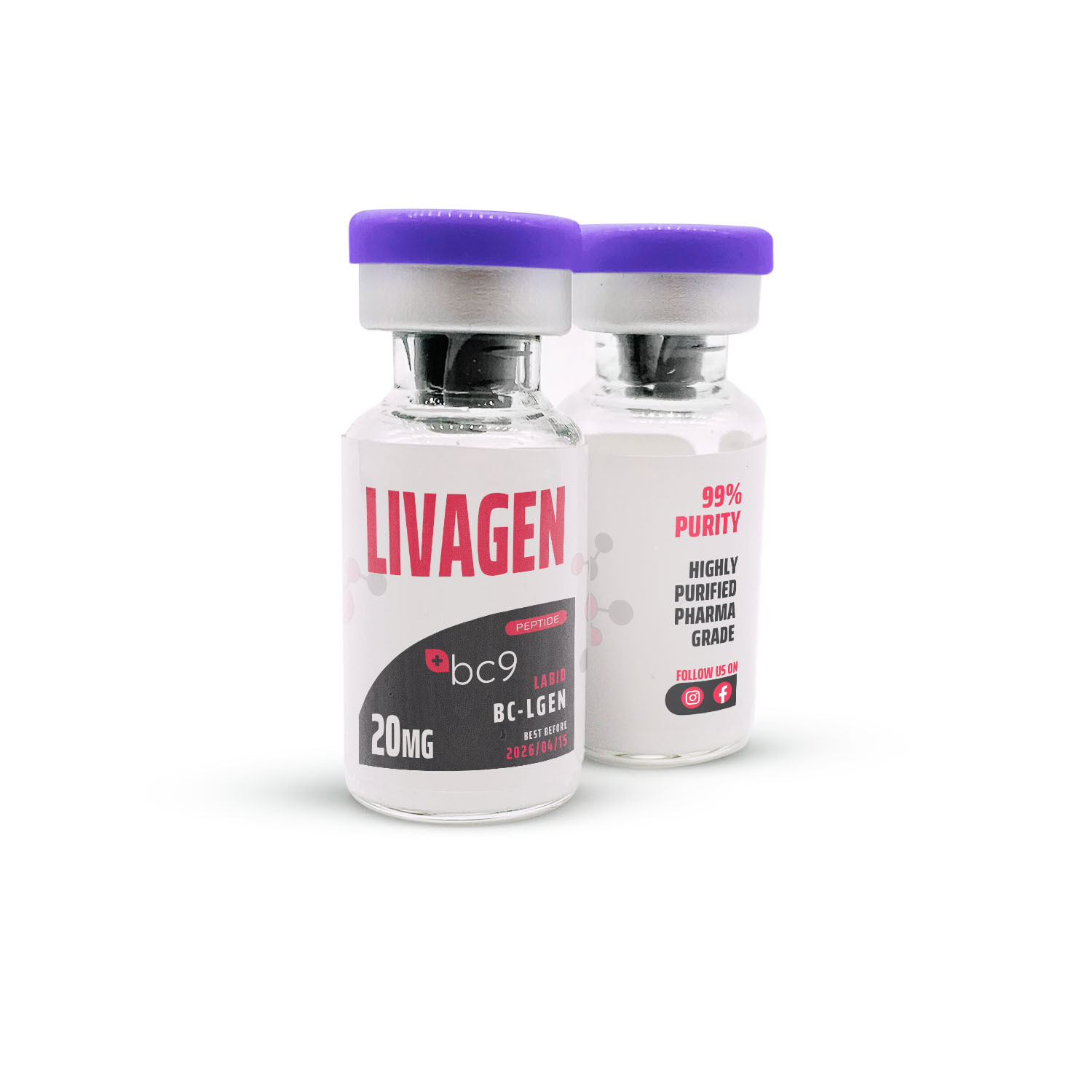
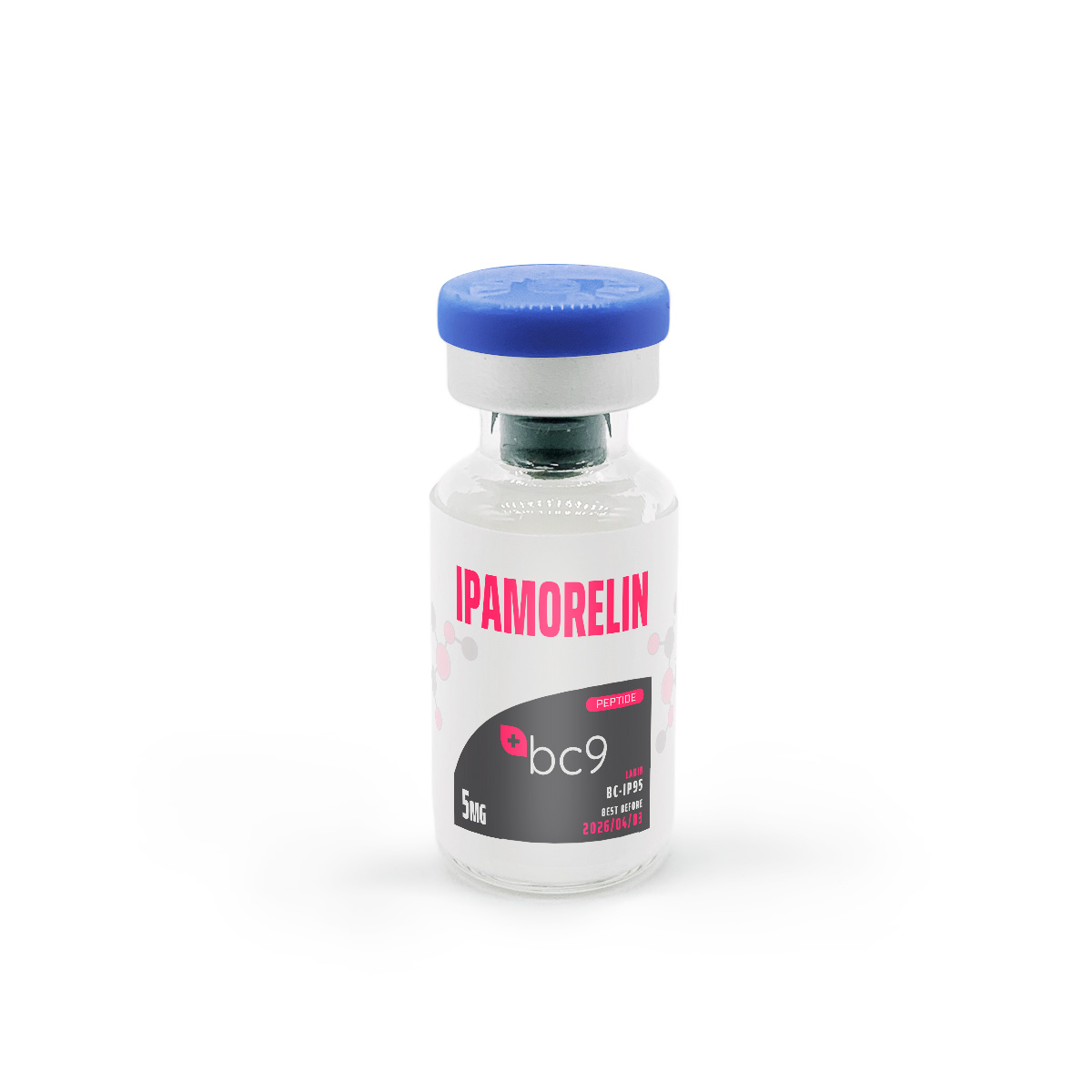
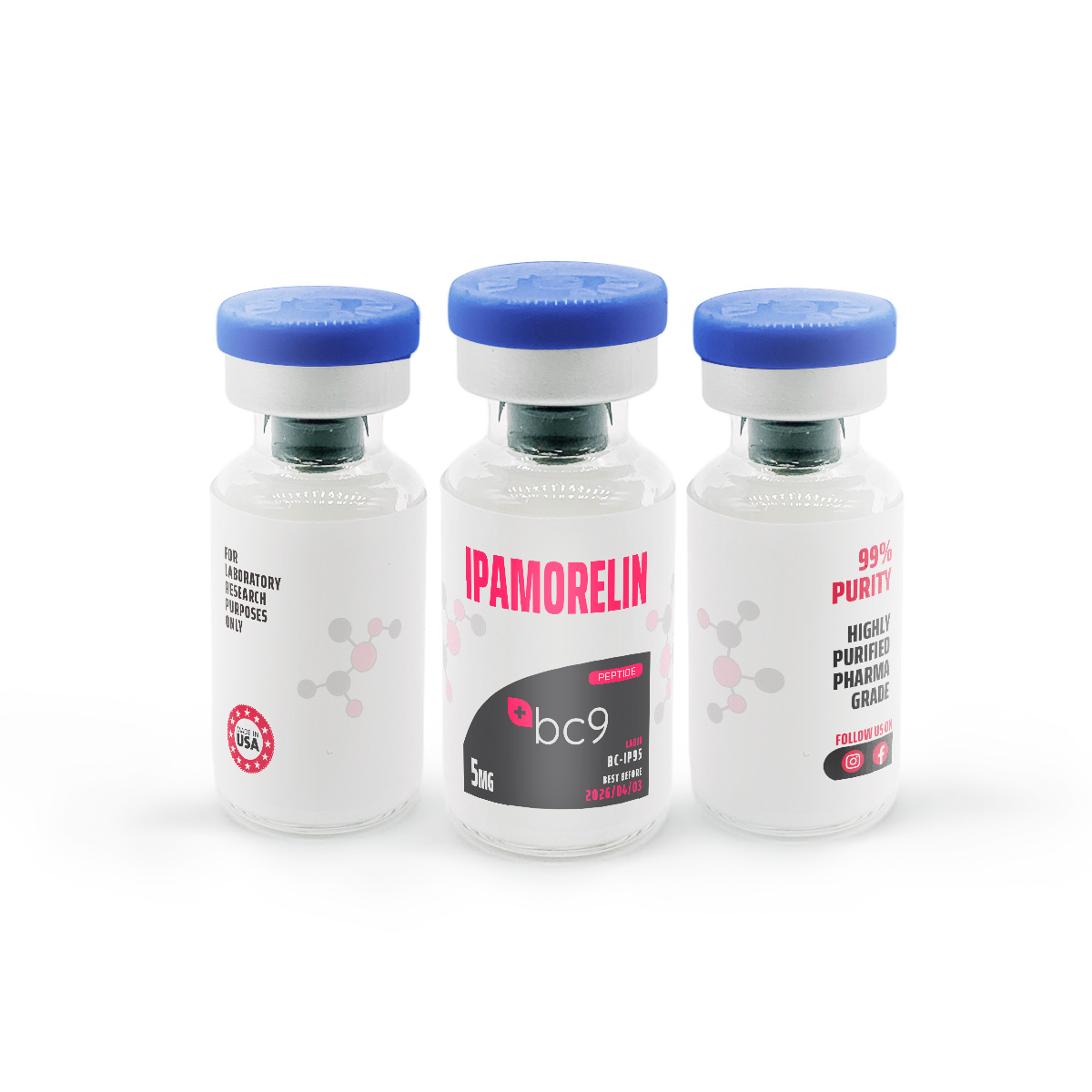
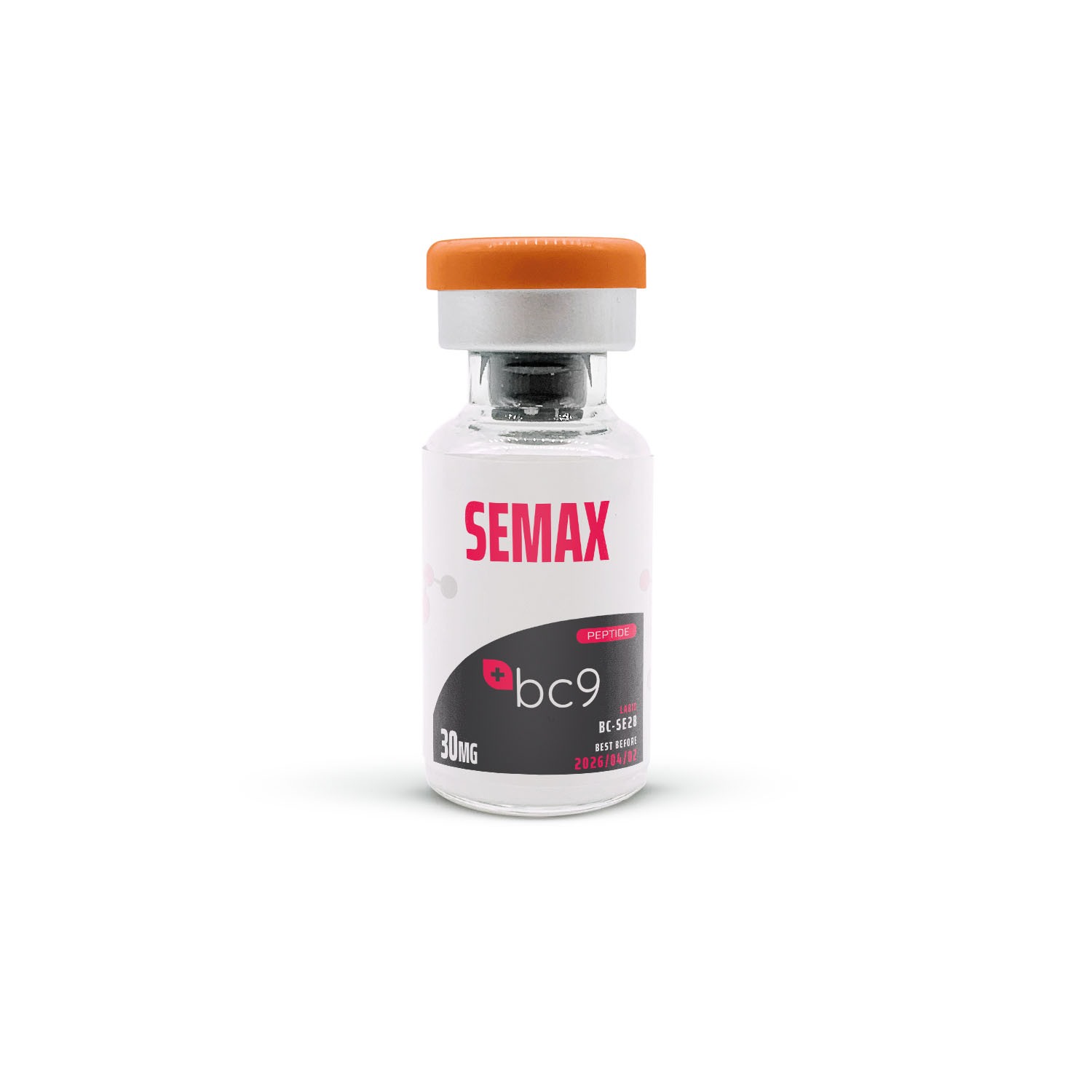
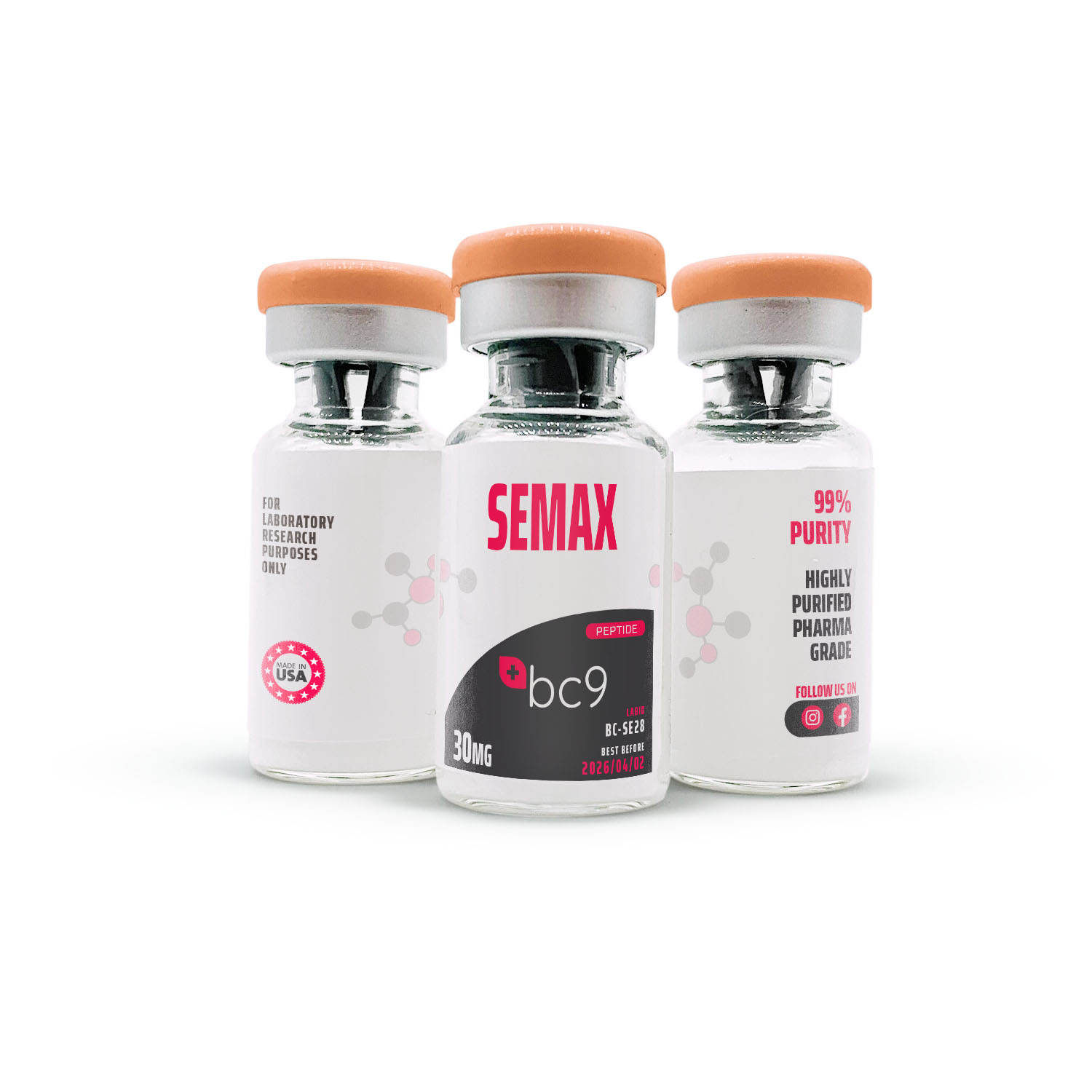
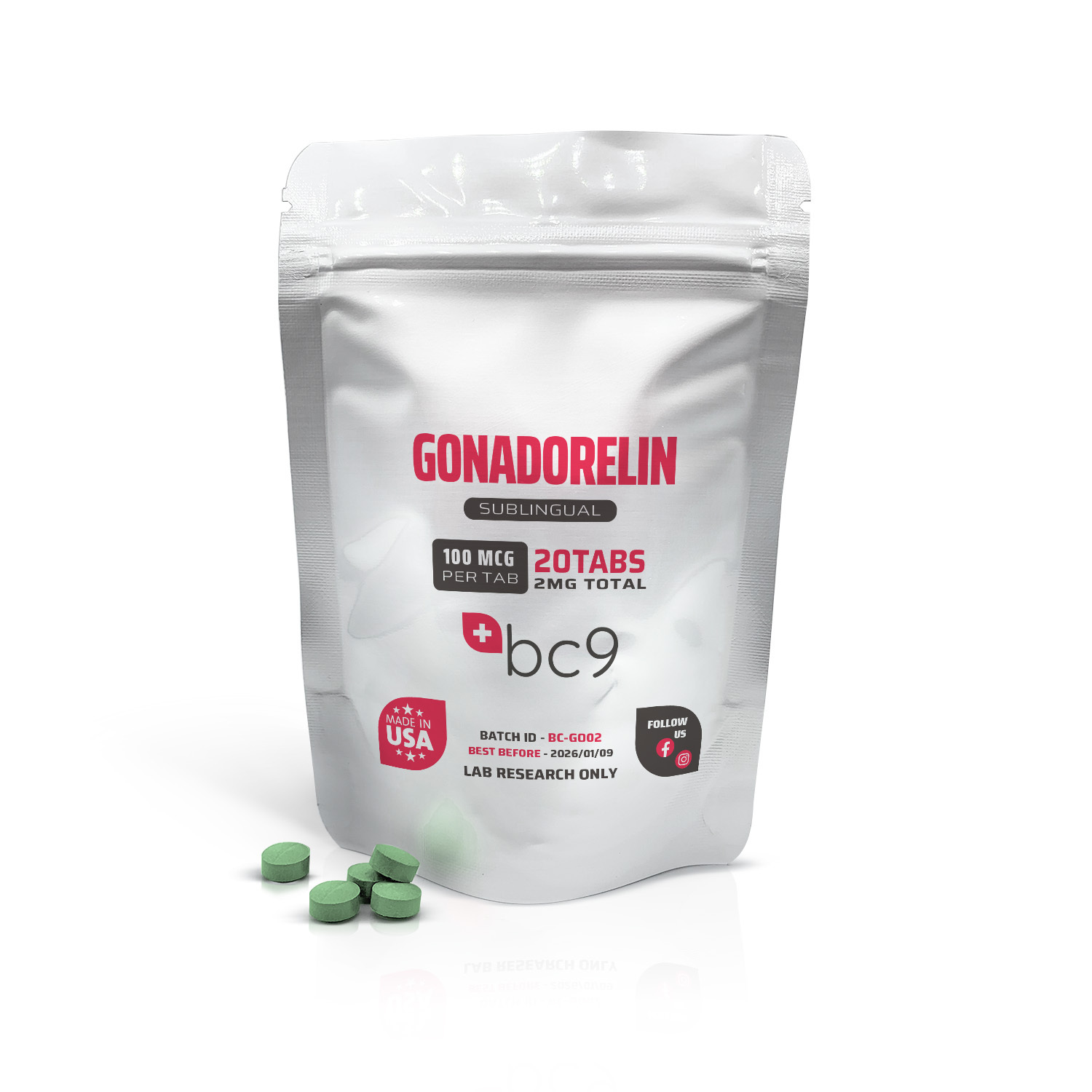
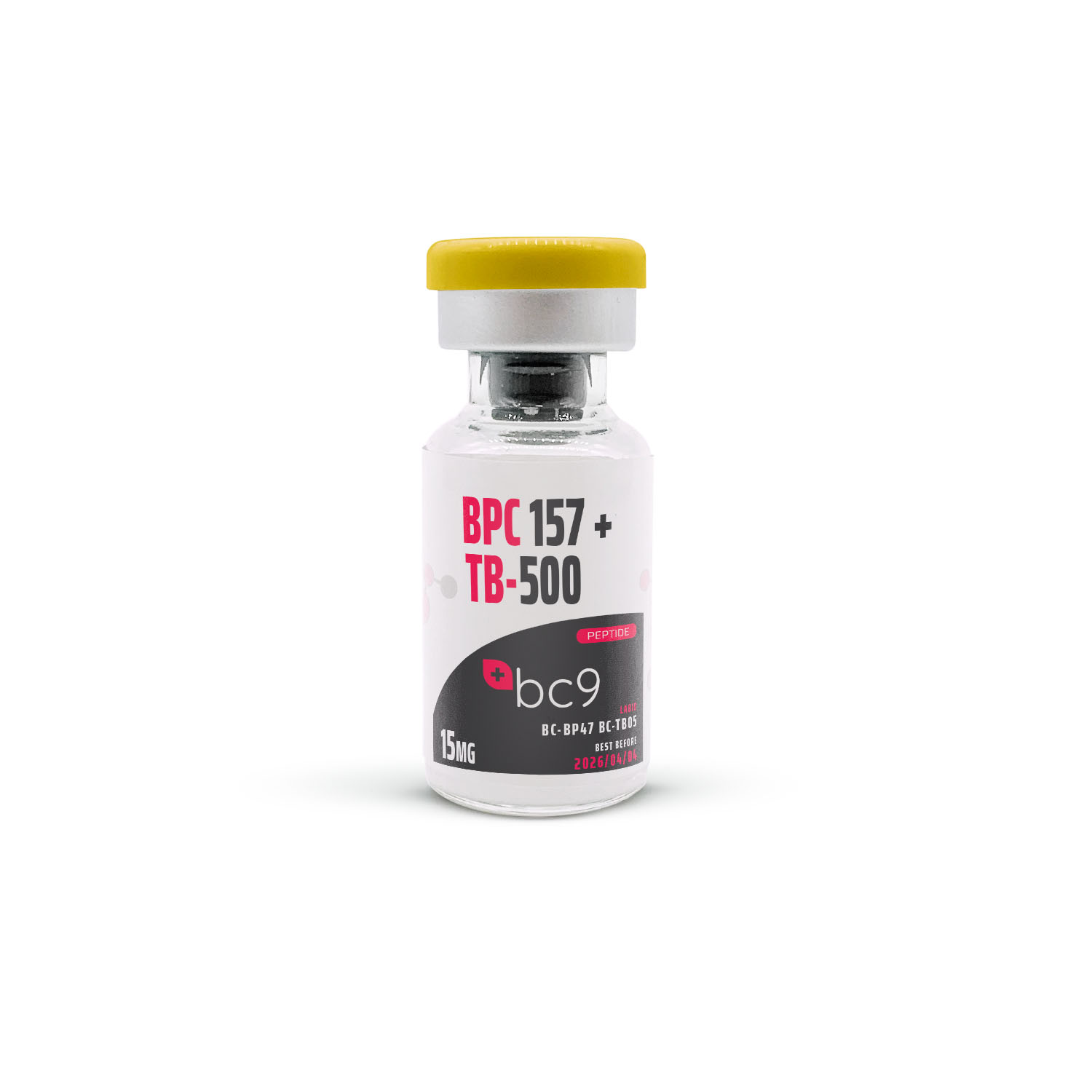
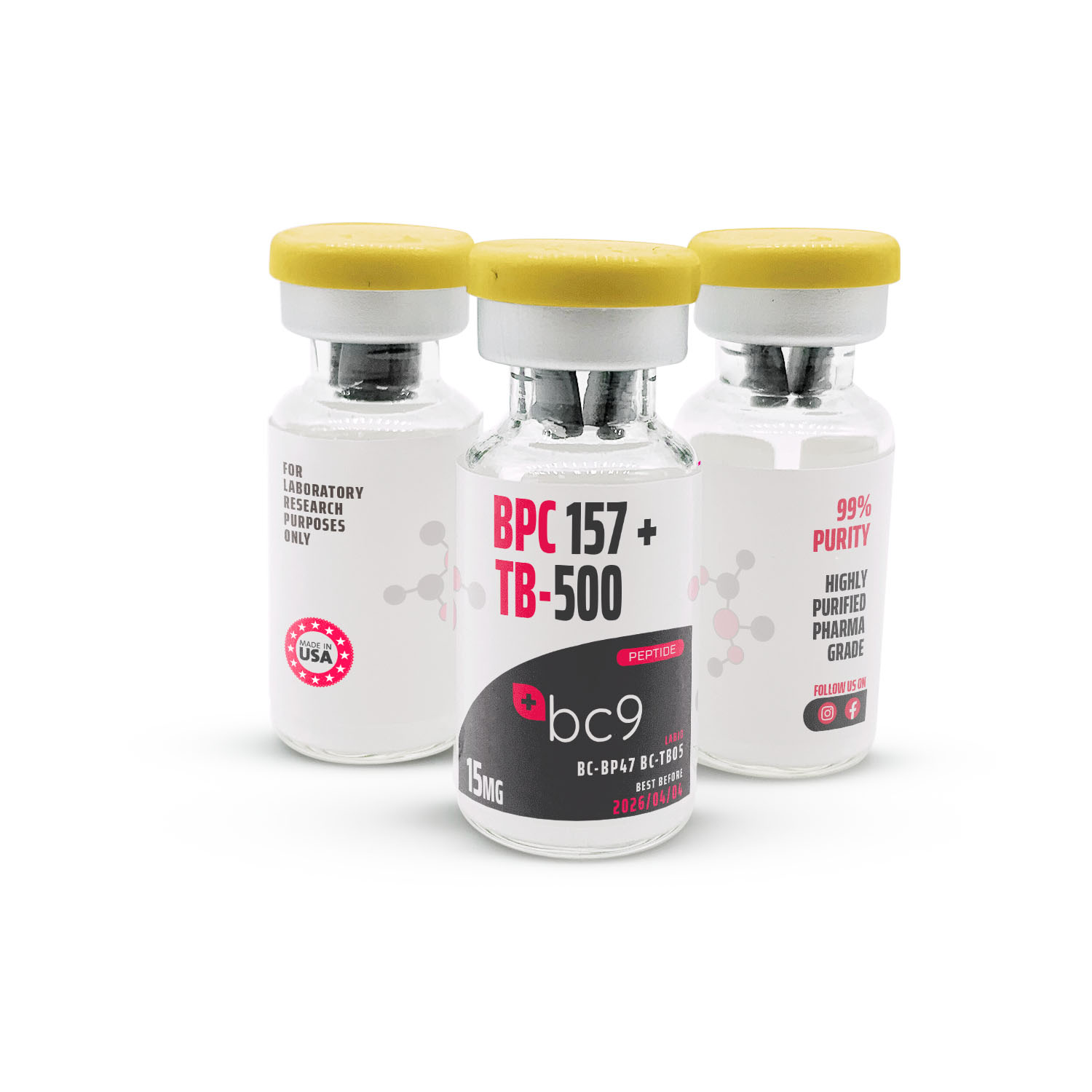

Jude –
Since starting it, I’ve noticed a reduction in fatigue and better digestion.
Declan –
It seemed to help with digestion and overall liver function, which was positive.
Nathan –
I’ve noticed increased energy levels and improved liver function since I started using it.